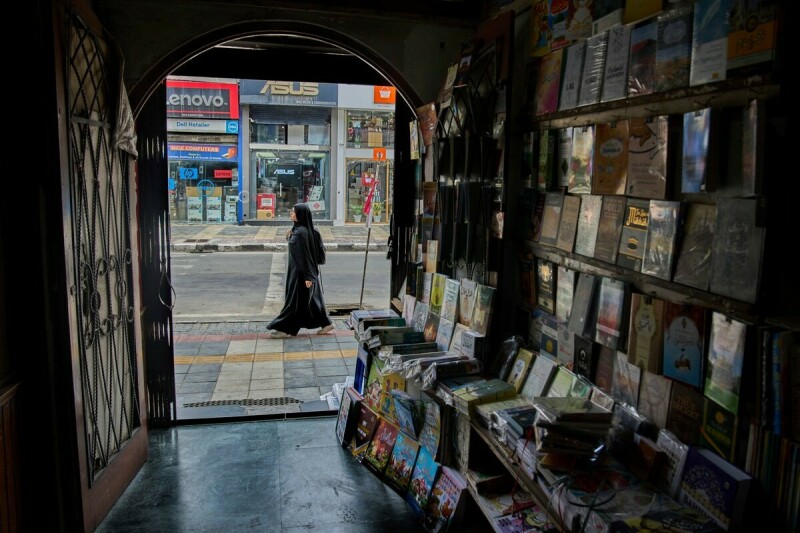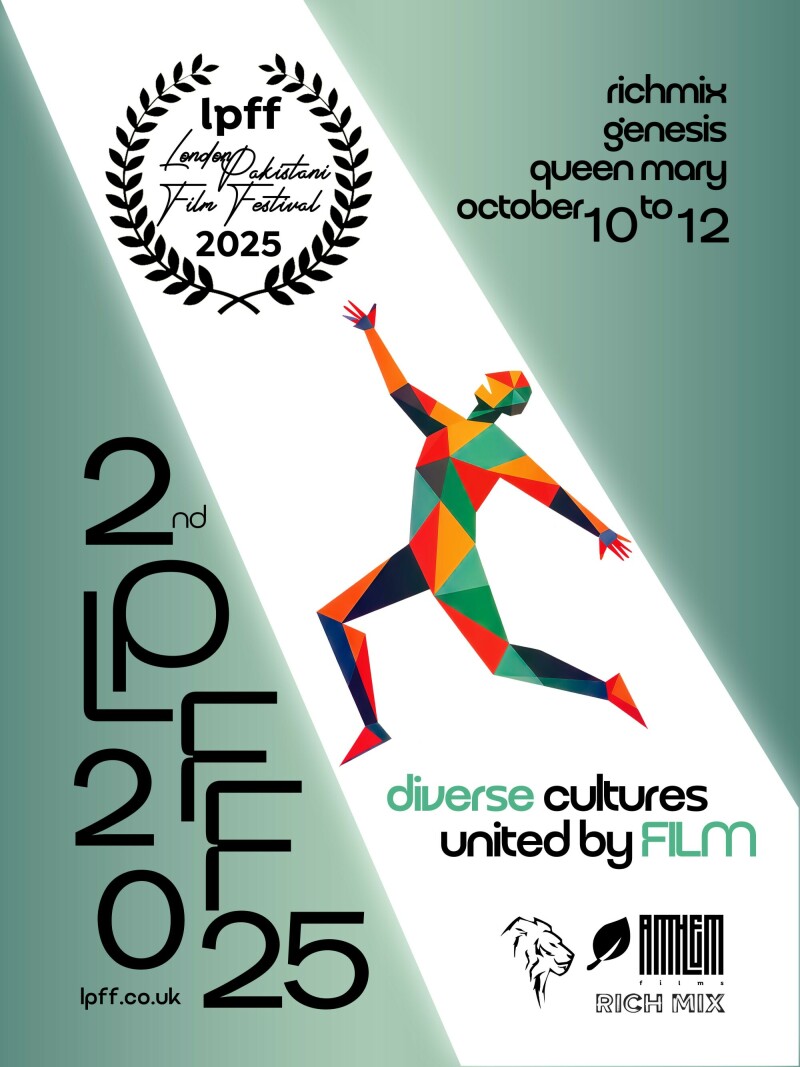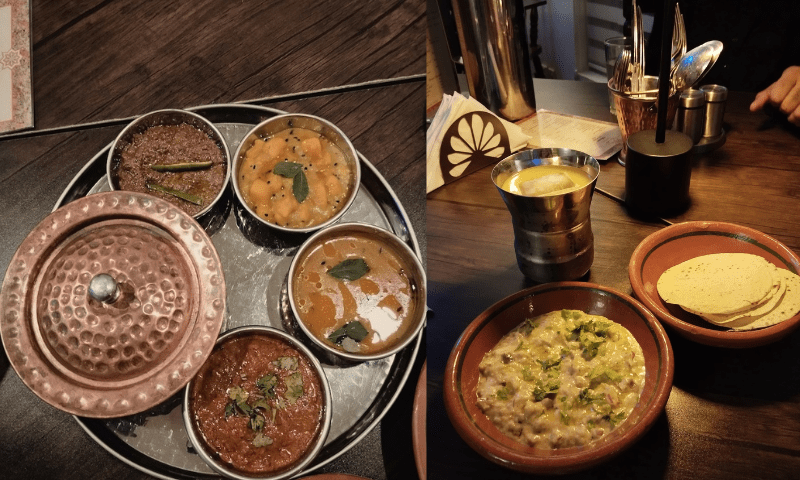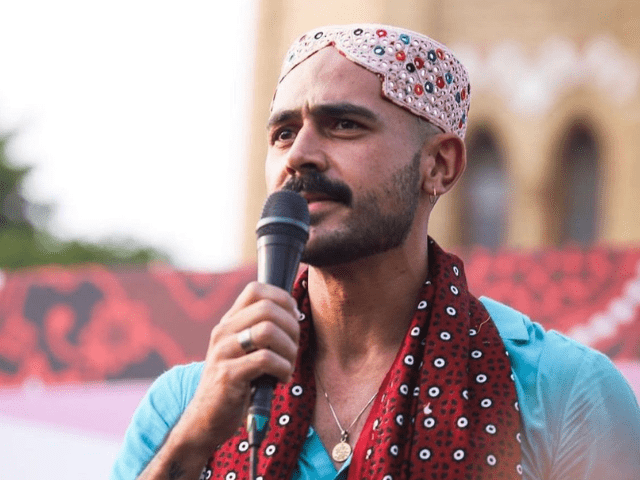How gadgets and piracy took business away from Pakistan's first recording studio
If you walk towards Faisalabad’s historical Ghanta Ghar from Kotwali Road, you pass through the Aminpur Bazaar where vendors sell anything from fabrics to food. About a dozen yards before the monument, there used to be a shop that managed to be very famous yet nondescript at the same time: the Rehmat Gramophone House (RGH).
Launched in 1949 by Chaudhry Rehmat Ali, an immigrant from Amritsar, it was known by music enthusiasts across the country.
The RGH had a huge collection of gramophone records (called tawway in Punjabi) but that was not all: it was also a recording studio that became the launching pad for many vocalists that went on to become legends in classical and folk music, and qawwali — from Nusrat Fateh Ali Khan to Attaullah Esakhelvi, Mansoor Malangi to Allah Ditta Lonewala and Aziz Mian Qawwal, all of whom recorded their first audio cassettes here. Before them came other giants such as Alam Lohar, Fateh Ali Khan and Mubarak Ali Khan, who recorded on vinyl.
Apart from selling gramophone records, RGH was also a recording studio that became the launching pad for many vocalists that went on to become legends in classical and folk music, and qawwali — from Nusrat Fateh Ali Khan to Attaullah Esakhelvi, Mansoor Malangi to Allah Ditta Lonewala and Aziz Mian Qawwal, all of whom recorded their first audio cassettes here. Before them came other giants such as Alam Lohar, Fateh Ali Khan and Mubarak Ali Khan, who recorded on vinyl.
Over a year ago, this leaf from history faded quietly away; it has been replaced by a curtain and fabric shop. The institution’s office, located in the street just behind Aminpur Bazaar, now houses a trading company. The RGH’s owners, the four sons of Chaudhry Rehmat Ali, went into other lines of work after being disheartened by the music business.
Chaudhry Rehmat Ali passed away in 2005 but not before he had seen the dwindling business of his company, though it had reigned over the music scene for more than six decades. “We had realised in 2003 or ’04 that the future of the company was bleak,” says Haji Mohammad Javed, one of the brothers. “We ended music production in 2008 and the shop closed in 2015. Our company was the first and biggest music production company in the country and it was also the last to leave the business.” In the last few years, he says, sales had dwindled to a trickle.
“Up until 2002, we used to sell between 200,000 and 250,000 audio cassettes per month,” he reminisces. “Then sales took a nosedive due to various reasons, piracy being one of them. If we produced 5,000 copies of an album, some pirate would produce 200,000 illegal copies.” Javed feels that copyright laws did not support the RGH since whenever they sued the piracy outfits, they had to withdraw the cases and nothing would come of it.

Mian Mohammad Asad, the younger son of Chaudhry Rehmat Ali, gives other reasons for the closure of the company. “The younger generation uses technology to listen to music,” he explains. “Cassettes or gramophone records were the choice of the generation which is almost gone now. The first onslaught came in the form of CDs and DVDs. But the final nail in the coffin was the mobile phone and the internet. Why would anyone spend money on records or cassettes, and where would they play it?”
Asad says that they still have cassettes and gramophone records by the hundreds of thousands, include very rare ones. “Our company has gramophone records of all kinds of music and languages. We still have them stored away, though, and people can order them from us.” The company also launched naat khwans, he explains, including Abdul Rauf Roofi, Saeed Bhatti and Abdul Sattar Niazi.
“Besides famous singers of Punjab, we also launched and promoted lesser known singers like Ahmad Nawaz Cheena who is now famous in the Seraiki area, and Atta Mohammad Khan Niazi,” Asad continues. “Sharif Ragi recorded his 1980s albums with us and he was copied by many Indian Punjabi singers. Classic Pothohari baet singers like Master Hussain Bakhsh, Khushhal Khan and Rakhmat Jaan were also promoted in the 1960s and 1970s.”
Though it’s almost out of business, the Rehmat Gramophone House still has a huge reservoir of rare music in audio cassettes and gramophone records. The state’s cultural departments and ministries should take steps to preserve this music by at least digitalising it, so that the next generation can learn its music history.
The RGH was well known not only in Pakistan but also in India.
“About 10 years ago, a man called from India, saying that Lata Mangeshkar wanted to talk to me,” Asad smiles. “It was unbelievable. She asked me to tell her which was her first song that we had with us. I told her that it was ‘Aap Ki Sewaa Mein’. She was pleased. In 2012, Hans Raj Hans came to our shop and at the entrance, he removed his shoes in respect. He said he had wanted to visit for a long time, and when he was leaving, he left a Rs1,000 bill as niaz.”
The brothers regret the fact, though, that while the singers launched and promoted by Chaudhry Rehmat were honoured with rewards, and roads and places were named after them, at the governmental level their father got no recognition for his services to the music industry.
Though it’s almost out of business, the Rehmat Gramophone House still has a huge reservoir of rare music in audio cassettes and gramophone records. The state’s cultural departments and ministries should take steps to preserve this music by at least digitalising it, so that the next generation can learn its music history. It is a small task for forums that soak up huge sums in the name of culture.
Originally published in Dawn, January 3rd, 2017













Comments